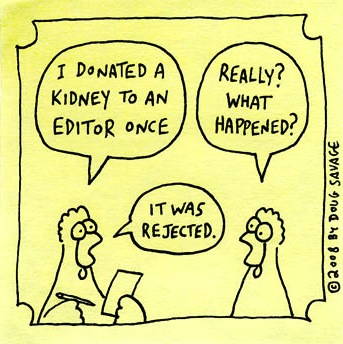Okay, there are actually only two new contracts but the rule of threes works better and, besides, excitement levels require it. Rejection is part of a writer’s staple diet, so when you have two big wins in the space of a week it’s time to splash champagne around like a rock star and happy dance everywhere.
Note: If you have children they will be embarrassed by said happy dance and will likely roll their eyes at you. What’s more, after picking my three kids up from school and telling them about book contract 1 their response was: ‘That’s cool, Mum. What’s for afternoon tea?’ Did not miss a beat.
 Book contract 1!
Book contract 1!
So I’m thrilled to share with you, dear reader (who does not require me to provide afternoon tea), that I have been made an offer for my debut novel! I can’t give you a title yet as my working title will likely change. I care about this novel so deeply and I’m so glad that I’ll be able to share it with you soon. Well, not that soon. Publishing moves at a glacial pace, so it’ll be out August 2021. But when I finally have that book baby in my hands I can assure you that I will be drinking all the champagne (again — any excuse). And I will not be making afternoon tea.
Book contract 2!
Just a few days after the excitement of book contract 1, I received word that my fifth picture book, Where the Heart Is, had made it through acquisitions. It’s based on a true story that is so extraordinary that I began writing a first draft immediately after hearing it. The illustrator, Susannah Crispe, has her own personal experiences that link so incredibly to this story — there couldn’t be a more perfect person to partner with. More on all that closer to release because, again, it will be June 2021 before it’s sitting on bookshop shelves.
My kids received said news with similar levels of enthusiasm to book contract 1. Luckily the bloke made up for it.
Book contract 3!
But before both those books, my fourth picture book, Seree’s Story, will be out with Walker Books in September next year. And yes, I signed this contract forever ago but I wanted to mention it here because I have been watching the uber-talented Wayne Harris’ illustrations develop with something like awe. Okay, exactly like awe. In short, I am madly in love with them — they have such heart and are so utterly beautiful and moving. I’m itching to share them with you, but you’ll have to wait.
In the meantime, I’ll be over here enjoying another glass of bubbles.









